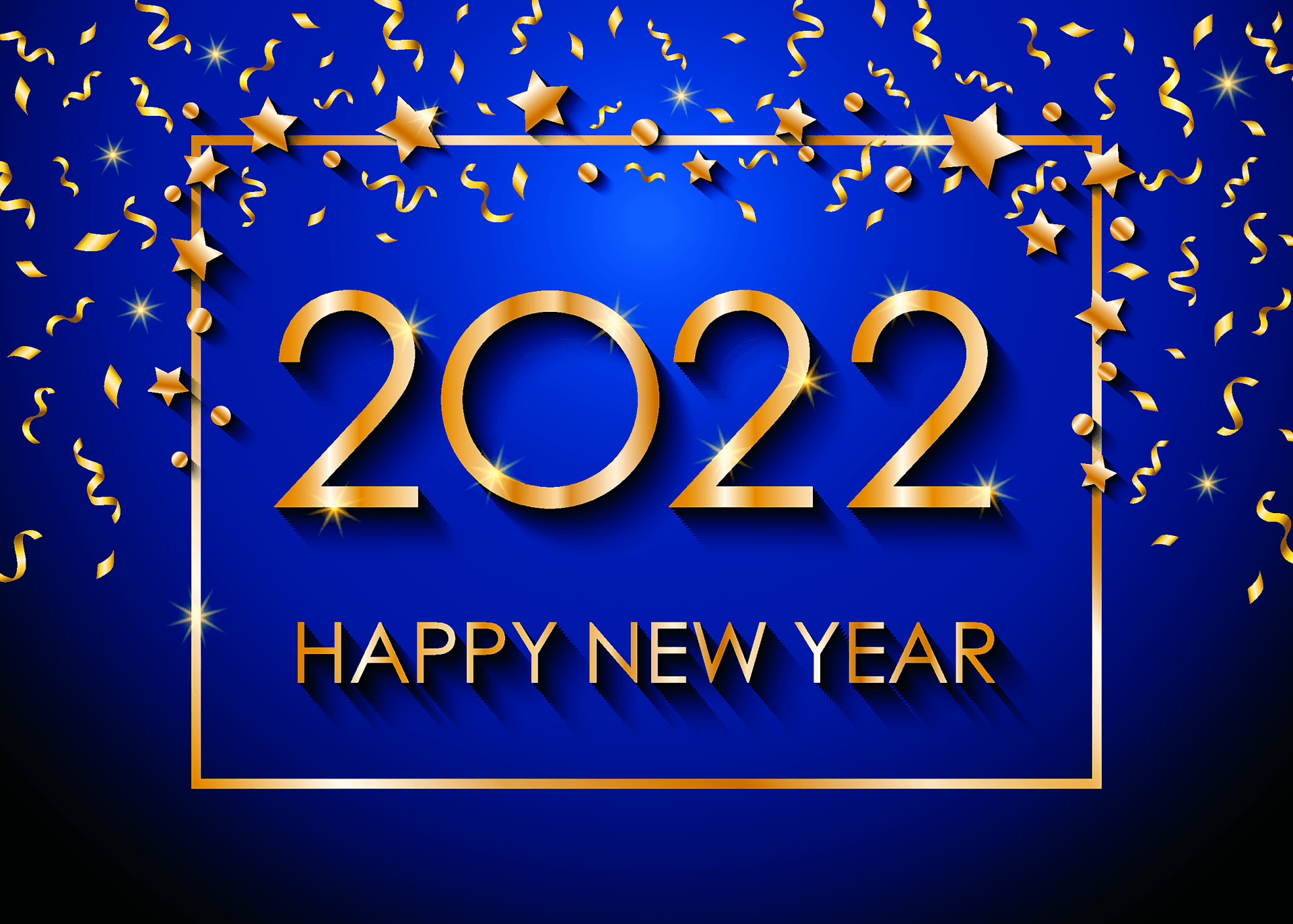How to Have a Stellar 2022!

Are you ready for a stellar 2022? If not, you still have time to build a sound foundation for the year.
If you haven’t started your annual business plan yet, now is the time to:
- Sit down at the computer with your word processor open.
- Type out a few sentences that summarize what you wish your business to accomplish this year.
- Pick 3 key goals that are key to achieving success in your business. Set a measurable target for each.
- Reflect on how last year went for you. Type out the things you wish to continue doing, the things you will stop doing, and things you can start doing for 2022 to be even better than 2021.
- From your start and stop lists, pick the top 3 change areas to focus on this year. Since we have limited change energy, don’t try to make changes in more than 3 areas at once.
Once you have prepared your simple business plan, having a stellar year requires being intentional about your business activities every week and each day. This includes having a basic written plan for each week and each day, monitoring how well you implemented your plan, and gradually improving your implementation.
The steps of weekly and daily planning are simple:
- At the beginning of each week, read through your 3 key measurable goals and your 3 change areas.
- Write down the 3 tasks that are most important to complete this week to achieve your key goals.
- At the beginning of each day, write down the 3 most important things to do that day towards the week's most important tasks.
- Also, write down other things that need done as part of your regular business operations.
Monitoring and revising your plans can be simple, too:
- At the end of each day, review what you achieved, acknowledge your successes and identify things to do differently the next day.
- At the end of each week, review your achievements and develop your plan for the next week accordingly.
- At least monthly, review your progress towards your 3 key measurable goals and your 3 change areas.
- Revise your strategy if you aren’t making enough progress. Modify your big picture plan if you learn that your original plan isn’t realistic.
I wish you a stellar 2022! If you develop your plan, work your plan, monitor your plan, and revise your plan, you will be celebrating success a year from now!


